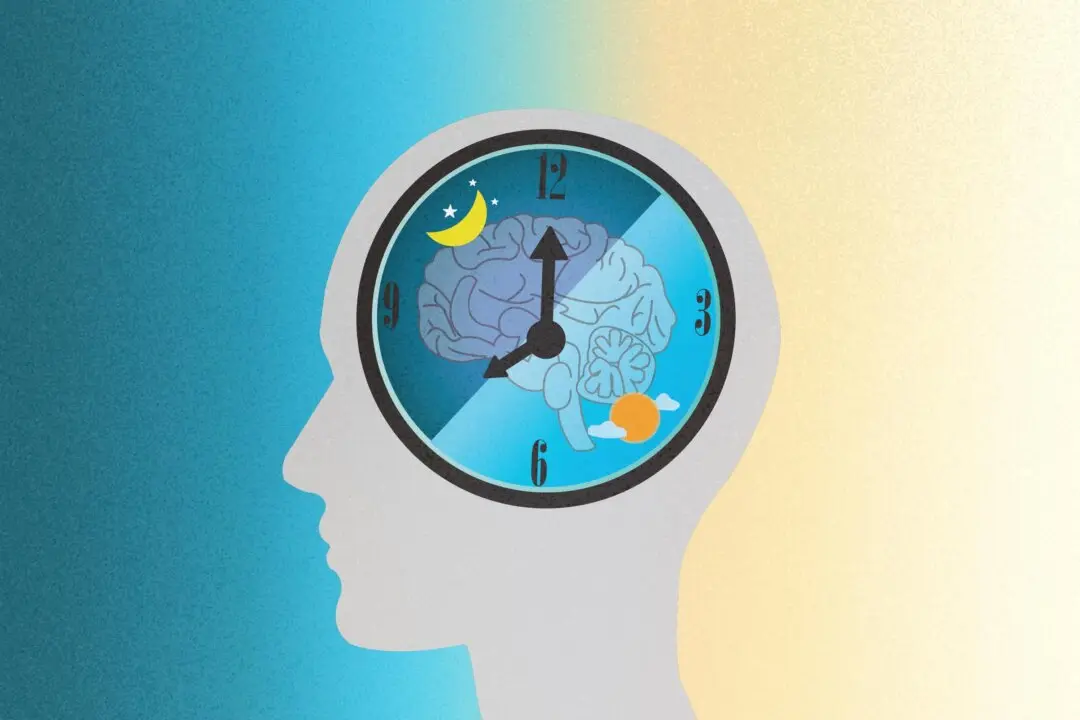A decade-long study of nearly 1,300 full-time workers has found that sedentary, tech-heavy jobs significantly increase the risk of developing chronic sleep problems, with computer-bound employees 37 percent more likely to experience insomnia-like symptoms that can persist for years.
“The way we are designing work poses serious, long-term threats to healthy sleep,” lead study author Claire Smith, who has a doctorate in industrial and organizational psychology, said in a press release.






